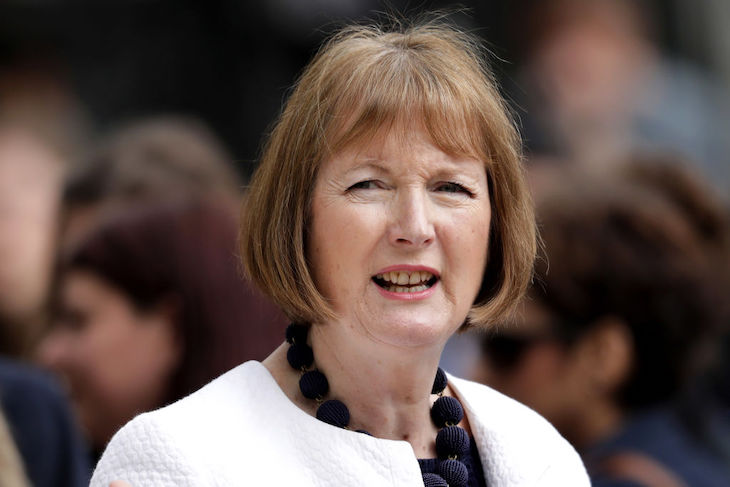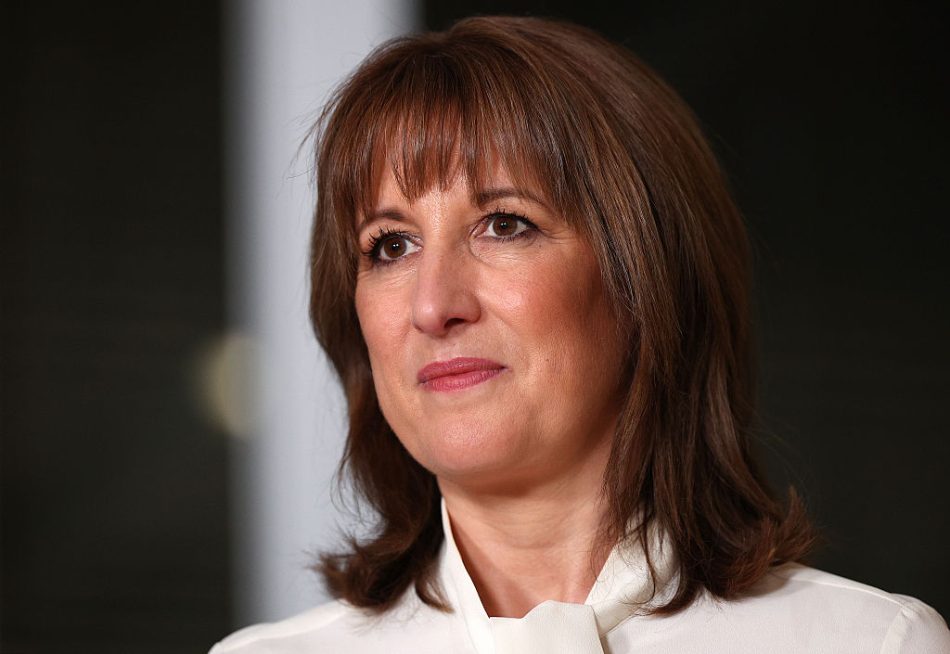Harriet Harman has declared that the next deputy leader of the Labour party “definitely needs to be a woman.” I greatly respect Baroness Harman, but such a view is absurd and discriminatory. Equality must be rooted in mandate and merit, not gender diktat.
Why should men not receive equal protection for their health?
For nearly three decades, Britain has had a Minister for Women. Successive governments of all political shades have maintained the role. Yet in all that time, no Minister for Men has ever been appointed. The result is a glaring hole in policymaking, where male-specific issues are consistently ignored.
The figures are stark. Every week, 84 men in this country take their own lives. Three out of every four suicides are male. Up to a quarter of men live with mental illness. Prostate cancer kills one man every 45 minutes, yet there is still no national screening programme for it. By contrast, women aged 50 to 71 are routinely invited for mammograms every three years as part of the breast cancer screening programme.
Why should men not receive equal protection for their health? Sir Keir Starmer and Health Secretary Wes Streeting must act now. A national screening programme for men at high risk of prostate cancer, starting at age 45, could save as many as 6,000 lives every year. The science is clear, the cost is justified, and the moral case is overwhelming.
The neglect of men extends beyond health. Family courts remain stacked against fathers. Education outcomes for boys continue to fall behind, with girls generally outperforming boys across most educational stages, with significant gaps evident from the early years through to university entry, where men are less likely to participate.
Rates of addiction and homelessness among men are disproportionately high. The majority of people sleeping rough in England in 2024 were male: 83 per cent of the total. Regarding substance abuse, between 1 April 2023 and 31 March 2024, more than two-thirds of people in treatment were men and less than one-third were women.
Yet when these issues are raised, they are too often dismissed as unfashionable or politically inconvenient.
It is no contradiction to say that the country needs both a Minister for Women and a Minister for Men. The two would not compete but complement one another. Both sexes face distinct challenges that deserve recognition and advocacy at the highest level. The Minister for Women role was created in the UK in 1997. Baroness Harman was the first to hold the position, leading the newly established Women’s Unit in the Cabinet Office. To persist with a Minister for Women and Equalities, while denying men a voice in government, is not equality but partiality.
For too long, politicians and policymakers have chosen to look the other way. The price has been paid in lives cut short, families broken, and opportunities wasted. It has been a distinct omission by successive governments for the last 28 years not to create such a role. If Sir Keir Starmer refuses to confront this glaring omission, he will be yet another prime minister who will bear responsibility for the consequences.
The question is simple: who speaks for men? The time has come for the answer to be, finally, someone.







Comments